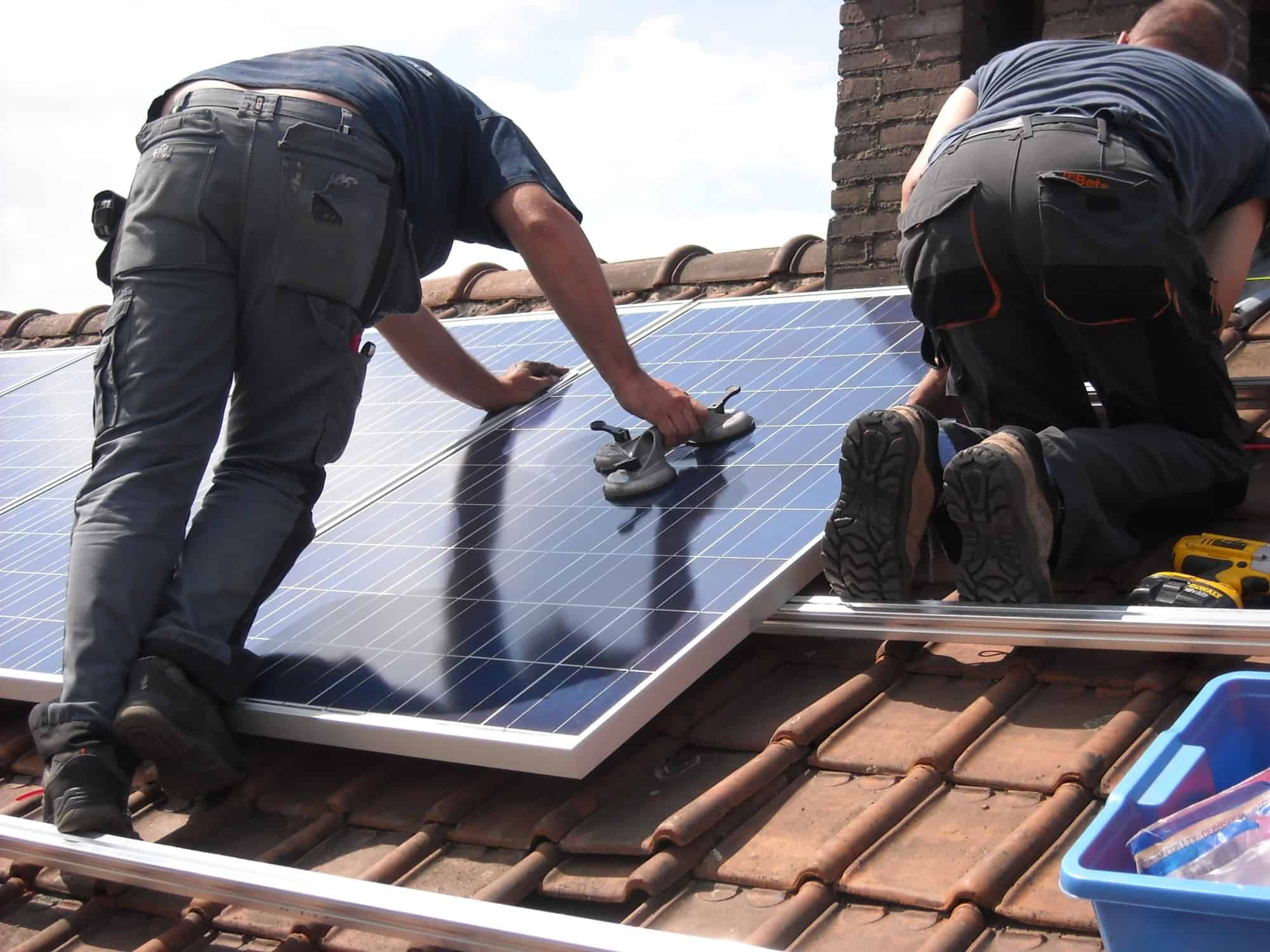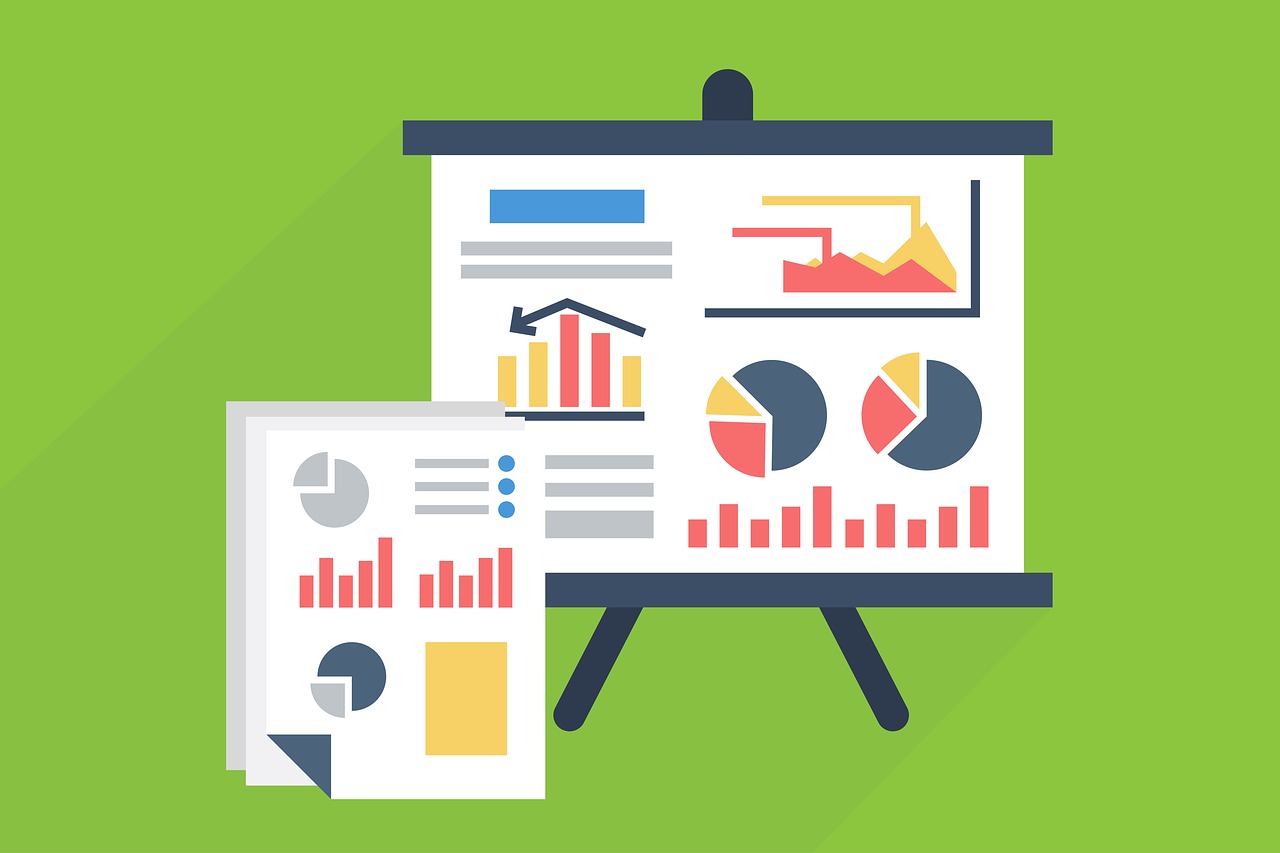
- Installing Solar Panels This Year? Read on this guide.
Renewable energy can be generated in a variety of forms. From wind power to biomass power, energy can be harnessed for use in several ways to diversify the energy supply of the globe.
Solar panels are a popular form of renewable energy generating electricity for homes and businesses without negative environmental implications. Solar power usage is expected to triple by 2030 in the U.S. alone.
This handy guide explores how solar works and why installing solar panels makes sense.
How Do They Work?
Three types of solar panels get used today: thin-film, multi-crystalline, and monocrystalline. Each has varying levels of efficiency and performance. Your local solar company can determine which type will be best suited for your home.
The solar energy technology used by most solar panels is known as photovoltaic energy.
Energy from the sun shines onto photovoltaic cells on the panels themselves. This energy gets absorbed, which then creates an electrical charge. This charge then moves to an internal electrical field located within the cell. Electricity can then begin flowing.
This is simply the electricity generation part. The systems need to integrate for use—this is where solar panel installation comes into play.
Advantages of Solar Panels
Upfront installation costs will vary as the energy generation, and consumption needs of each home will vary. However, once installed, solar panels can save users a significant amount of money down the road.
How so? You can offset the upfront cost of solar panels by taking advantage of a federal tax credit specific to solar panel installation. In addition to offsetting the cost of new panels, you also save money on your energy bill after installation.
Electricity costs tend to fluctuate from month to month. With solar panels, you can not only eliminate your typical monthly electric bill, but you might actually make money. Solar buyback plans allow homeowners to receive compensation for any extra power their panels generate.
Excess energy from your solar panel system gets bought by energy companies and returned to the power grid. Companies can then give you monthly credit for your surplus energy at retail rates.
Additional Reasons to Install Solar Panels
Apart from the cost savings, solar panels require minimal maintenance as they only need to be cleaned a few times per year. In addition, the solar energy you’re generating for your home means you’re not burning harmful fossil fuels like coal and gas to heat your home.
And that’s one of the most straightforward benefits of installing solar panels. You’re helping contribute to the renewable energy cause all while reducing your overall carbon footprint.
Thinking of Installing Solar Panels?
Hopefully, this quick guide has helped you decide on installing solar panels for your home or business. From lessening your carbon footprints to lowering your electric bill, solar panels bring a whole host of benefits to homeowners.
If you’re looking for more ways to save on homeowner costs, browse our other business-related articles.


